How Additive Manufacturing Speeds Innovation in Medical Devices
In the highly competitive medical device industry, the speed and efficiency of the product development lifecycle are paramount. The ability to move a...
3 min read
Nick Erickson : Oct 30, 2025 9:15:00 AM
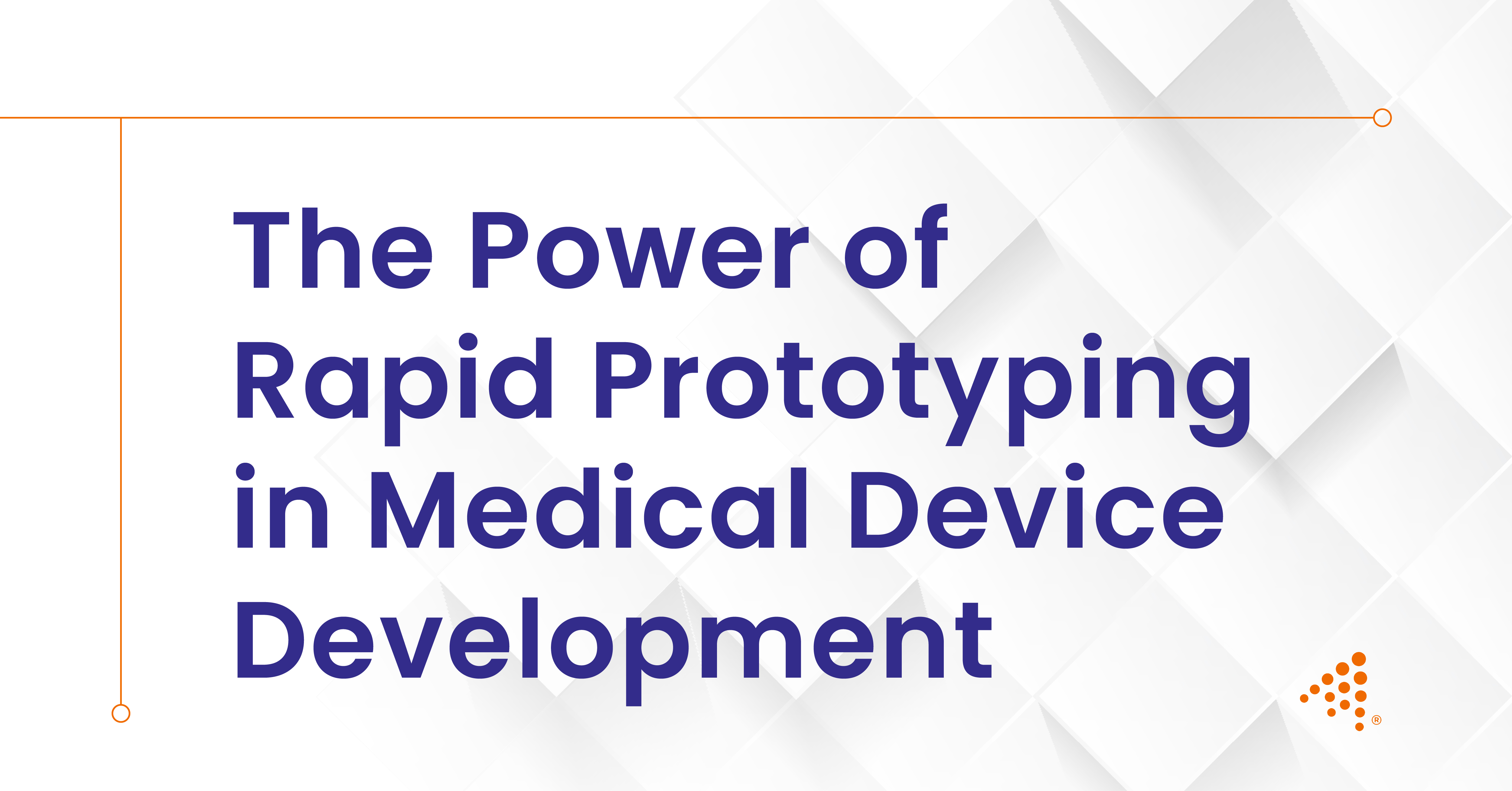
In the rigorous and highly regulated world of medical device development, the path from an initial concept to a market-ready product is fraught with challenges. The pressures to innovate, meet stringent safety standards, and manage development costs are immense. In this landscape, rapid prototyping services has evolved from a helpful tool into an indispensable strategy. It allows companies to navigate the complexities of development with greater speed and precision.
Among the various technologies available, Carbon Digital Light Synthesis (DLS) has distinguished itself as a particularly powerful solution. It elevates the prototyping process beyond creating simple physical models, enabling the production of functional, engineering-grade components that can be used for meaningful, real-world testing. This capability accelerates every phase of development, from initial design validation to final preparation for clinical trials.
The most immediate and impactful advantage of using Carbon DLS Prototyping is the dramatic reduction in development time. Traditional manufacturing workflows for creating prototypes, such as CNC machining or building pilot injection molds, are often measured in weeks or even months. The Carbon DLS process, by contrast, can produce a high-fidelity part directly from a Computer-Aided Design (CAD) file in a matter of hours or days.
This speed fundamentally transforms the iterative design loop. Instead of waiting weeks to test a single design modification, engineering teams can print a new iteration, test it, gather feedback, and implement further changes in a continuous, rapid cycle. This agility is invaluable in medical device development, where early feedback from clinicians and benchtop testing can reveal crucial opportunities for improvement. By facilitating more iterations in less time, the technology allows for a more thorough and optimized design process, ensuring that the device is truly refined before key milestones like clinical trials. This acceleration is not just about meeting deadlines; it is about bringing life-saving and life-improving technologies to patients sooner.
Read More About EPU 41: High-Performance Elastomeric Polyurethane Resin
The speed of Carbon DLS provides a direct and significant financial benefit by mitigating one of the largest expenses in product development: tooling services. The creation of a steel injection mold for mass production is a major capital investment, often costing tens or even hundreds of thousands of dollars. Committing to this expense before a design has been thoroughly validated is a substantial financial risk.
Rapid prototyping with Carbon DLS effectively de-risks this investment. By producing functional prototypes for testing and even for early clinical trial use, companies can gather extensive data and confirm that the device performs as intended. This iterative, tool-less process allows for design modifications to be made at a fraction of the cost of altering a steel mold. For startups and smaller companies operating with tight budgets, this economic feasibility is a game-changer. It provides access to a professional-grade development process without the need for prohibitive upfront capital, leveling the playing field and fostering greater innovation across the industry.
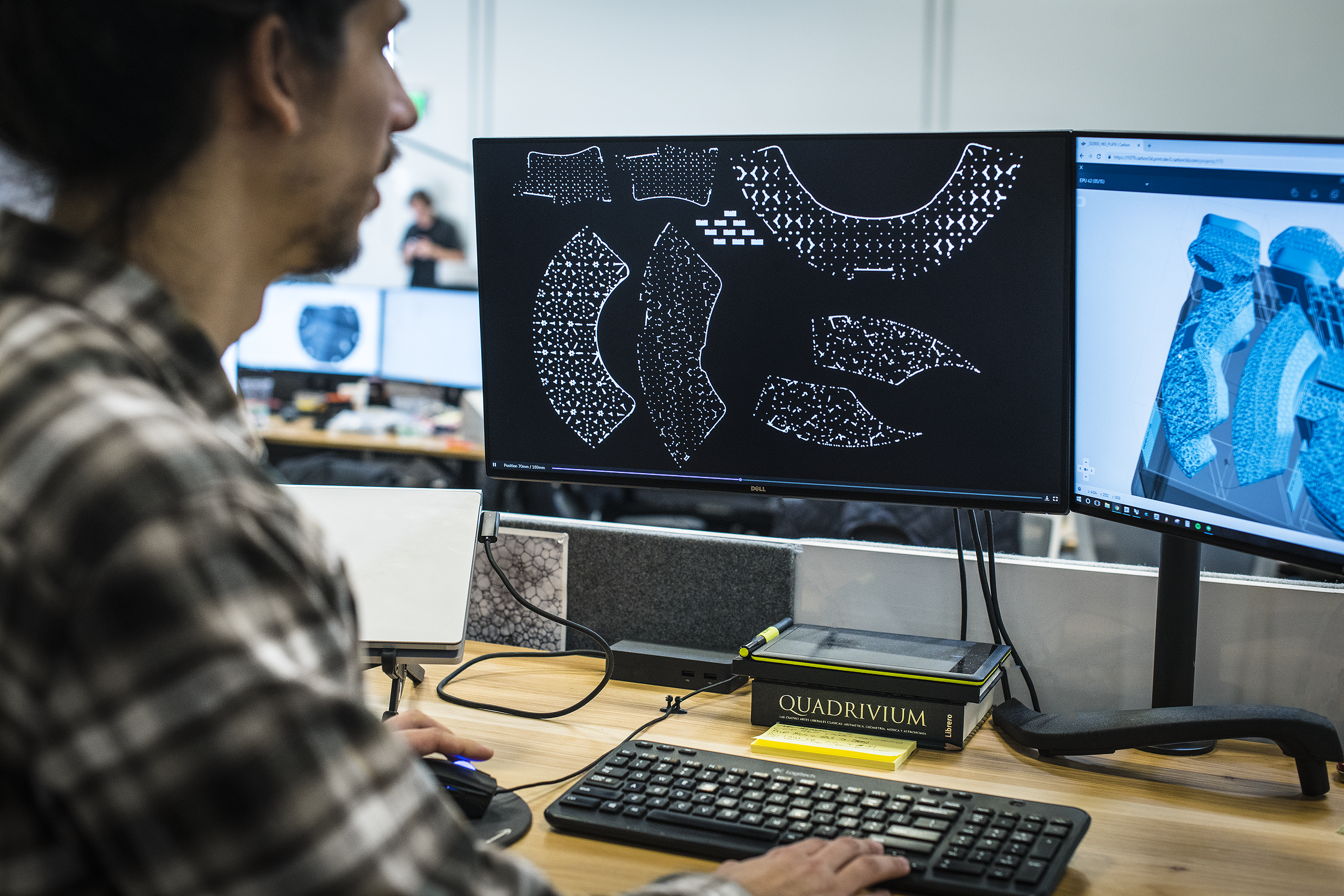
Traditional manufacturing methods are often limited by design constraints. The "line of draw" in injection molding services, for example, can restrict the creation of complex undercuts and intricate internal features. Carbon DLS, as an additive manufacturing solutions, liberates engineers from these constraints, allowing them to design for optimal function rather than for manufacturability.
This design freedom is particularly beneficial for medical devices, which often require highly specialized and complex geometries to meet unique clinical needs. It enables the creation of patient-specific devices with organic shapes derived from MRI or CT scans, such as custom surgical guides or orthopedic implants. It also allows for the integration of features like complex internal channels for fluidics, or lightweight, strong lattice structures that can reduce a device's weight while enhancing its ergonomic feel. This capability empowers engineers to devise more effective, elegant, and personalized medical solutions that can lead to improved patient outcomes.
A common historical limitation of some 3D printed prototypes was that their prototypes were primarily for visual assessment, as they lacked the strength and durability for functional use. Carbon DLS overcomes this challenge by using a portfolio of robust, production-grade liquid resins. These materials, which include rigid polyurethanes, flexible elastomers, and biocompatible polymers, are engineered to produce parts with isotropic properties. This means they are equally strong in all directions, closely mirroring the performance of traditional injection-molded parts.
The ability to create prototypes that are not just "look-alike" but also "work-alike" is a critical advantage. It allows development teams to conduct thorough and meaningful testing on components that accurately represent the final product. Engineers can validate a device’s mechanical integrity, test its performance under real-world conditions, and ensure it meets all safety requirements long before committing to final production. This rigorous, early-stage validation enhances the reliability of the final device and increases the probability of a successful clinical trial.
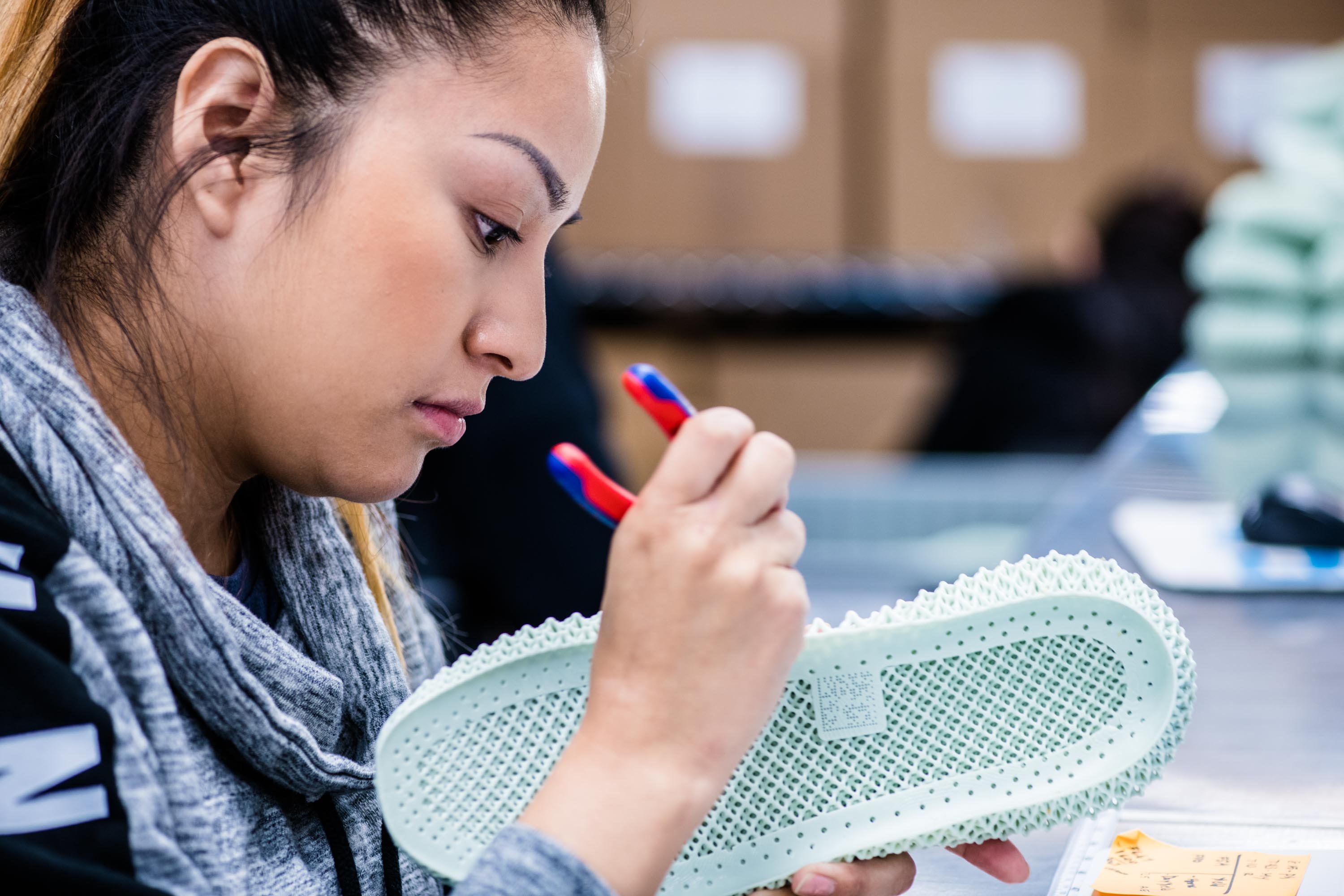
Rapid prototyping with Carbon Digital Light Synthesis (DLS) offers numerous advantages in medical device development, from speed and efficiency to cost-effectiveness, design flexibility, and enhanced testing and validation. By leveraging these benefits, companies can accelerate their development timelines, reduce costs, and bring innovative medical devices to market more quickly. The future of ISO-certified manufacturing for medical devices is bright, with rapid prototyping and additive manufacturing services at the forefront of this transformation.
Aprios is committed to supporting your journey in medical device development with expert guidance and advanced Additive Manufacturing Services. Contact us today to learn how Carbon DLS can revolutionize your rapid prototyping process.
For more information or consultation, reach out to Aprios and discover how we can help you bring your medical innovations to life.
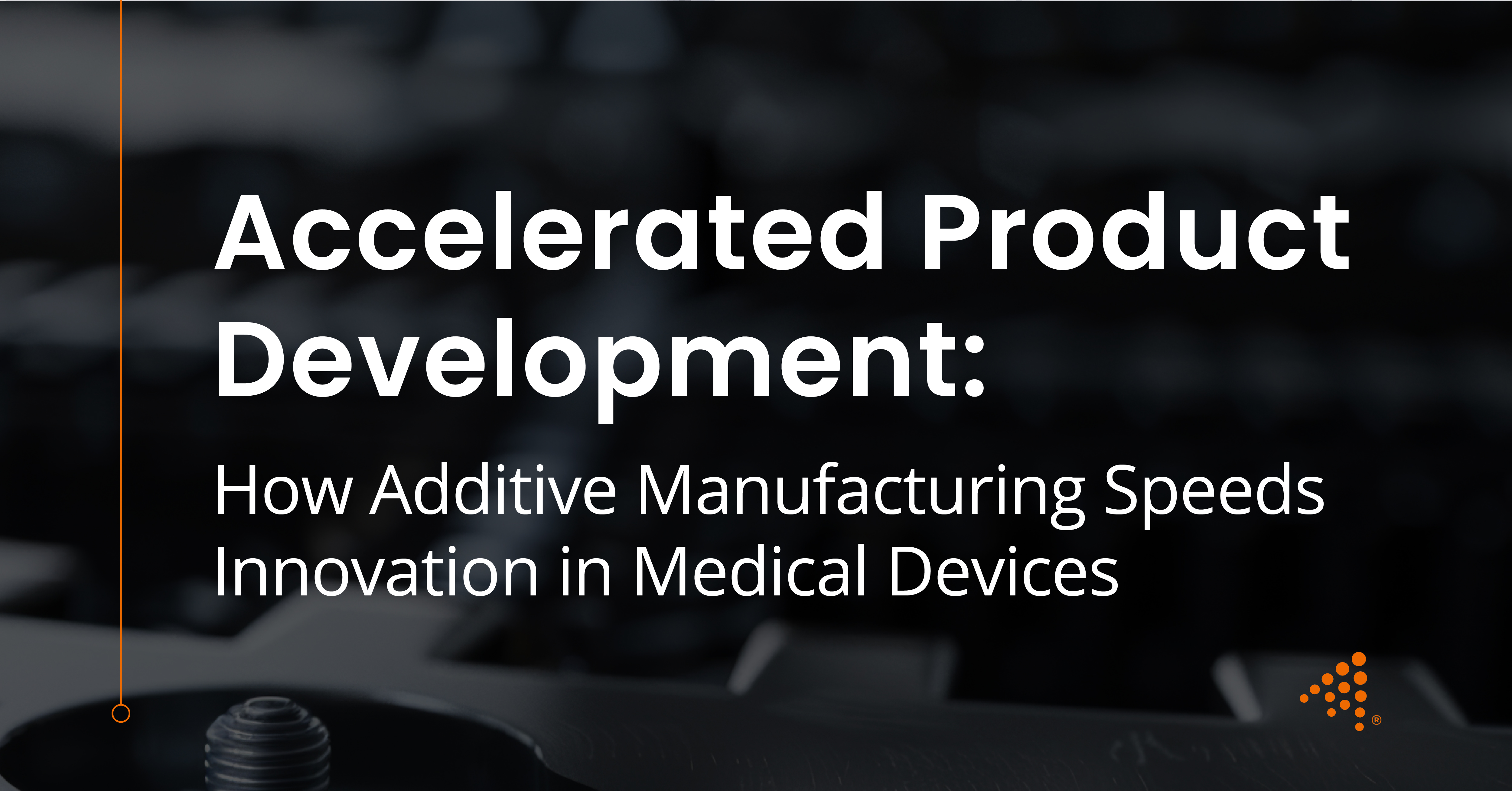
In the highly competitive medical device industry, the speed and efficiency of the product development lifecycle are paramount. The ability to move a...
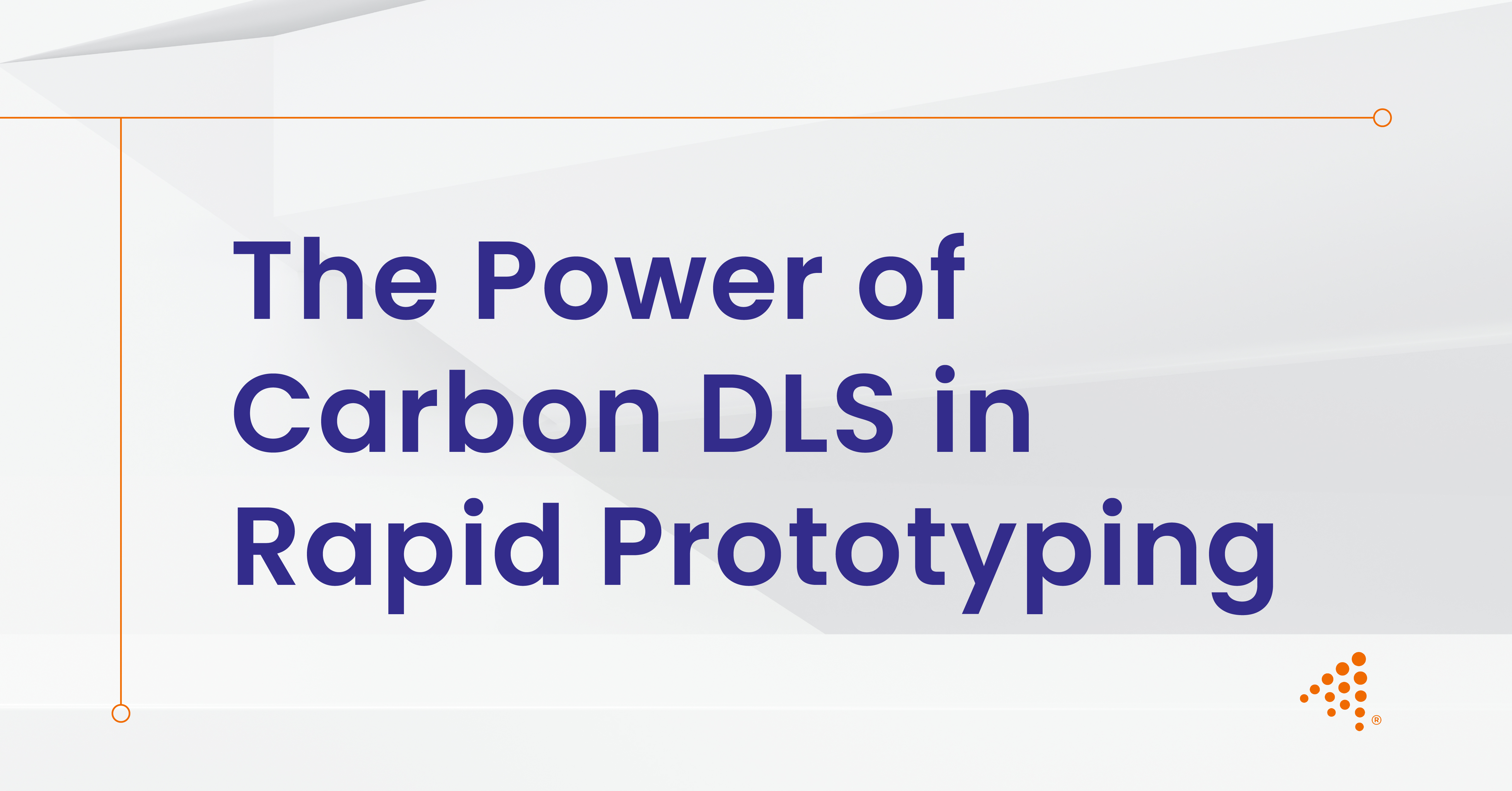
In the modern product development landscape, speed and agility are not just advantages; they are necessities. The ability to quickly move from a...
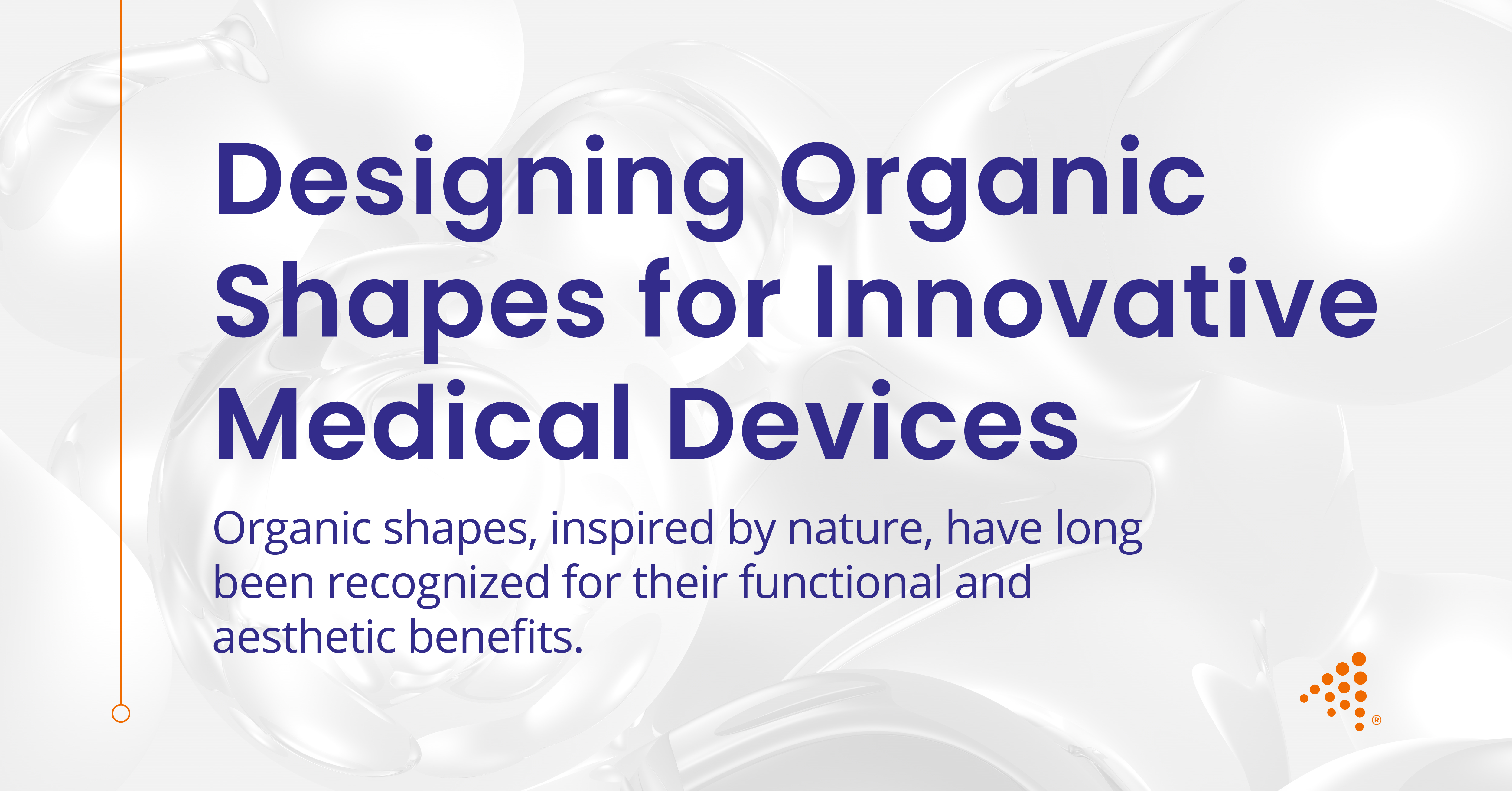
For centuries, nature has served as the ultimate design guide, producing structures that are efficient, resilient, and perfectly adapted to their...